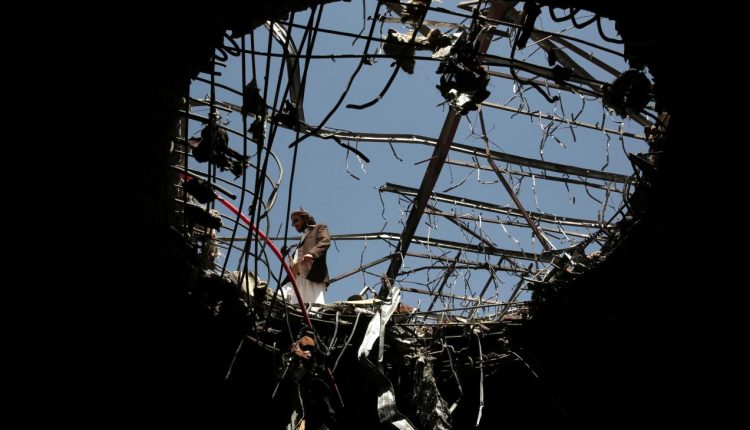Hiding Behind the Coalition
Hiding Behind the Coalition
Failure to Credibly Investigate and Provide Redress for Unlawful Attacks in Yemen
The armed conflict in Yemen, which escalated in March 2015, continues to kill, injure, and displace thousands of Yemeni civilians. As of August 2018, the United Nations Office of the High Commissioner for Human Rights (OHCHR) had documented the killing of 6,592 civilians and the wounding of 10,470 in Yemen, with airstrikes by the Saudi Arabia-led coalition causing the majority of the verified civilian casualties. Many millions more suffer from shortages of food and medical care. Despite mounting evidence of violations of international law by the parties to the conflict, efforts toward accountability have been woefully inadequate.
In August 2016, the coalition, then consisting of Saudi Arabia, the United Arab Emirates, Bahrain, Kuwait, Egypt, Jordan, Morocco, Sudan, and Qatar, announced the first results of the coalition’s recently created investigative mechanism, the Joint Incidents Assessment Team (JIAT). JIAT originally consisted of 14 individuals from the main coalition members. It has a mandate to investigate the facts, collect evidence, and produce reports and recommendations on “claims and accidents” during coalition operations in Yemen.


